Blogs
Blogs on topical issues.
Blog - What is polyploidy and how does it affect wheat? - An interview with Dr Phillipa Borrill

Heather Jones interviewed our guest speaker Dr Phillipa Borrill from the Department of Crop Genetics at the John Innes Centre about her work studying bread wheat genetics and her career so far.
Blog - Plant Hunting in Estonia (Pt3)
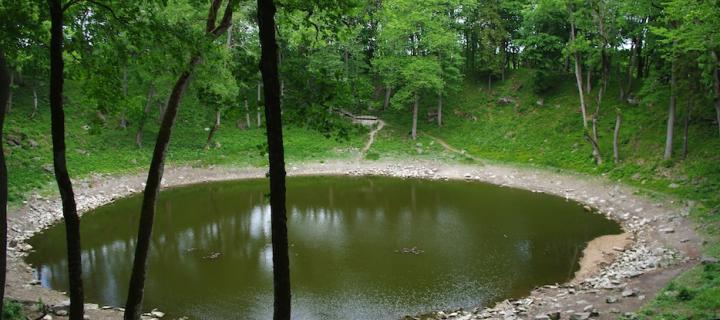
Following on from parts 1 and 2 we continue on the trail of discovering interesting plants as Dr Richard Milne and his team of plant scientists explore Estonia.
Blog - Plant Hunting in Estonia (Pt2)
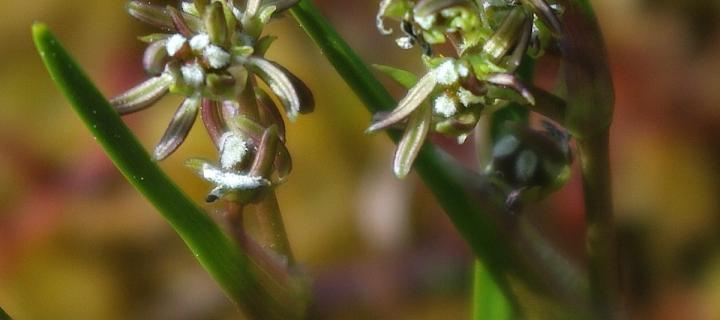
Following on from part 1 we continue on the trail of discovering interesting plants as Dr Richard Milne and his team of plant scientists explore Estonia.
Blog - Undergraduate Student Holly-Anne Unlocks Mysteries of Extinct Plants

Holly-Anne tells us about an amazing project she pursued during her honours year, which was recently published in Science!
Blog - IMPS at Edinburgh Science Festival 2023

10-13th April 2023, National Museums Scotland
Blog - Plant Hunting in Estonia (Pt1)

Follow Dr Richard Milne and his team of plant scientists as they explore Estonia discovering interesting plants along their way.
Blog - Using Robots to Understand How Plants Sense Light

When thinking about what plants need to grow, one of the first things that might spring to mind would be sunlight…and you wouldn’t be wrong!
Blog - Fascination of Plants Day 2022 – a blooming success!

Are you curious about plants? Did you know that there is a day dedicated to finding out more about plants every year?
Blog - IMPS Summer Sports Day 2022
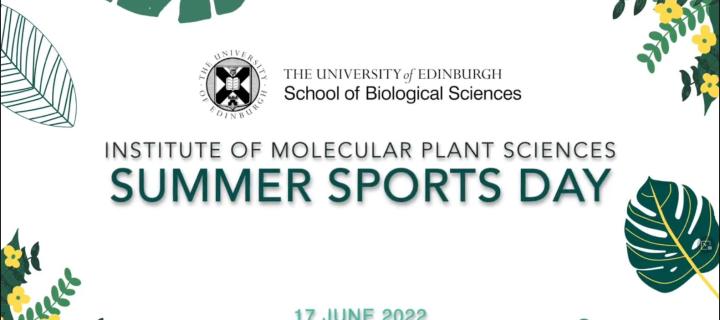
In June we swapped our labs coats for sports kit and held the first IMPS sports day.
Blog - Save our hedgehogs!
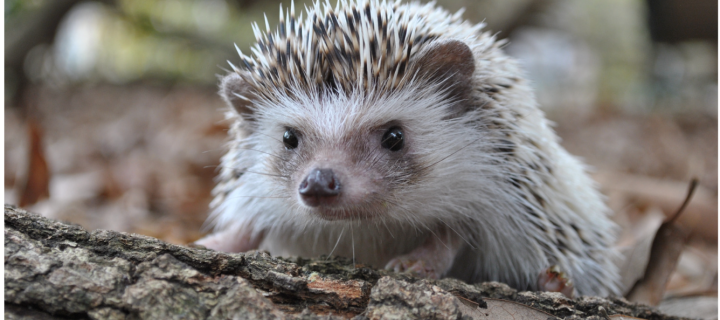
IMPS members are working hard to make our campus hedgehog-friendly.
Blog - Producing heat-stable blue natural colourant from cyanobacteria

Did you know that the blue colour of ice cream can come from blue-green algae? PhD student Apple Chew discusses Anton Puzorjov’s research in producing a new heat-stable variant of a natural blue colouring.
Blog - 9 Top Tips for a Successful Academic Year

Aranza Díaz asked group leaders here at the Institute of Molecular Plant Sciences for their advice to help students to make this year the most successful yet.
Blog - Field notes on diversifying the agricultural impacts of our research
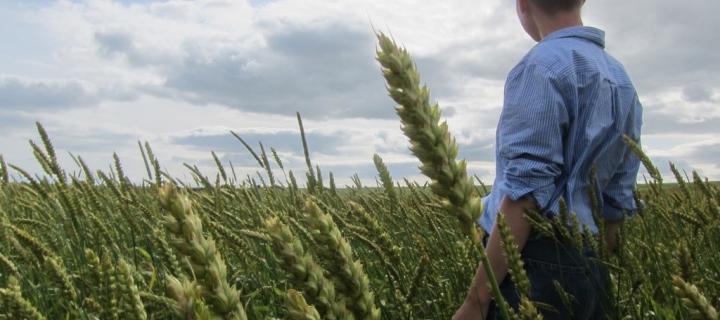
PhD student Tara Wight reflects on the balance that should exist between new innovative and native heritage crop varieties after her placement with Nourish Scotland and Scotland The Bread.
Blog - A Spotlight on Dr Beatriz Orosa

PhD student Lindsay Williams, interviewed Dr. Bea Orosa, a newly appointed Chancellor’s Fellow in IMPS, on her career path and research into plant immune responses.
Blog - Shapeshifting plants: plants adapt their body plan to different light conditions

Researchers reveal that plants respond differently to shade depending on their development, and uncover the genetic programmes behind this.
Blog - 31 Years And Still Loving Plants

Supporting Plant Science: Gina Pegu Interviews our Greenhouse Manager Billy Adams ahead of his retirement.
Blog - Jade Bleau introduces Black Botanist Week
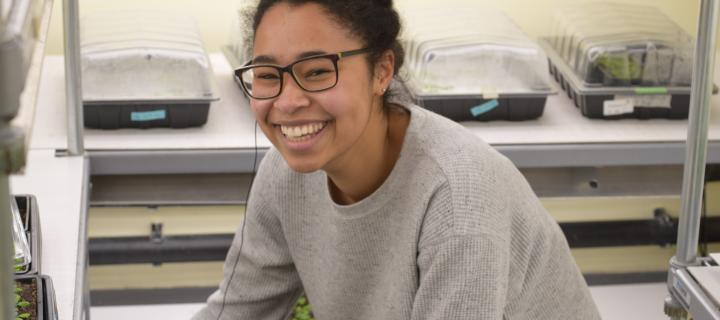
Jade Bleau introduces Black Botanist Week
(Author: Helen Feord, Editor: Aranza Diaz)
Blog - A Spotlight On Dr Sandy Hetherington

Helen Foerd (final year PhD student) sat down with our new Institute of Molecular Plant Sciences member, Dr Sandy Hetherington to discuss the mysterious world of fossilised plants and scientific life.
Blog - Tiny but mighty: Algae hold the secret to turbo-charging photosynthesis in plants.
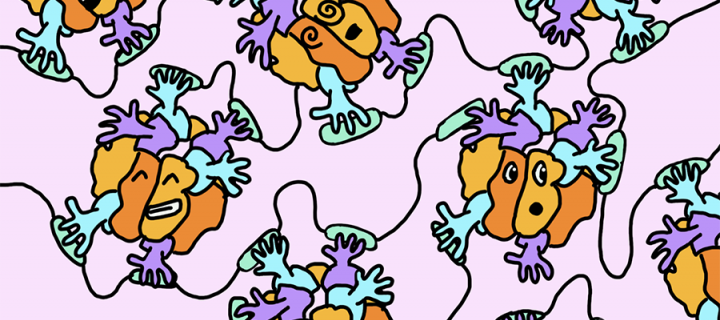
Researchers reveal the mechanism that forms the pyrenoid, an enigmatic compartment used by algae to boost photosynthesis, and then go a step further by engineering a synthetic version into a higher plant for the first time.

